The Orionides 🌠
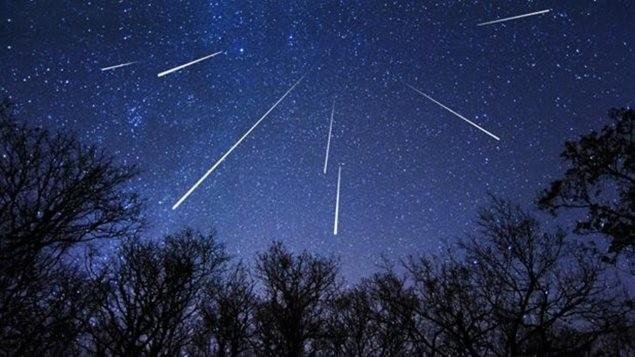
The Orionides
There are shooting stars that appear every year from October, between October 2 and November 7 with a peak around October 21.
It is this night that we can observe the most, provided the sky is clear.
When observation conditions are good, up to about 20 per hour can be seen, they appear to be from the Orion constellation, as their name indicates, referring to the location of their radiant heavenly vault.
Orion
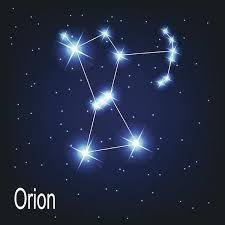
Orion ("the Hunter") is a constellation located almost on the celestial equator.
Location of the constellation
Orion is one of the rare constellations immediately recognizable by their form.its seven brightest stars form an easily recognizable butterfly (or an hourglass): four very bright stars form a characteristic rectangle in the middle of which is an alignment of three other stars, the "wise men", which constitute a remarkable signature.
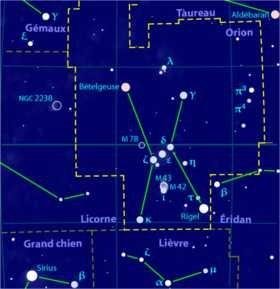
The body of Orion is easily visible, marked by four brilliant stars which are Rigel, Saïph, Bételgeuse and Bellatrix.the two most brilliant, Rigel and Bételgeuse, occupy respectively the South-East and North-West corners.these two stars are clearly colored, Betelgeuse is Red and Rigel is Blue.
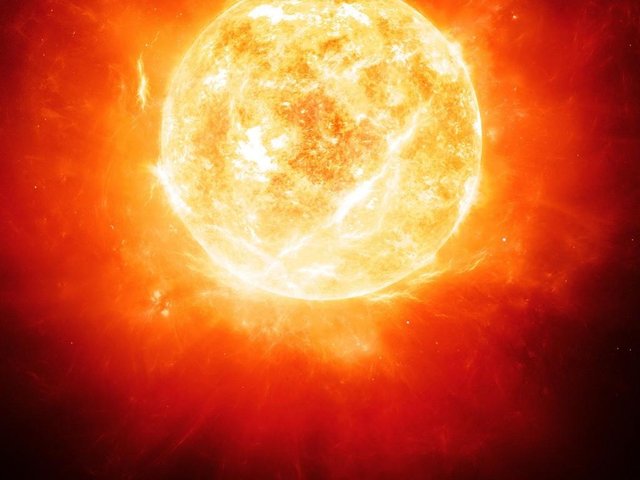
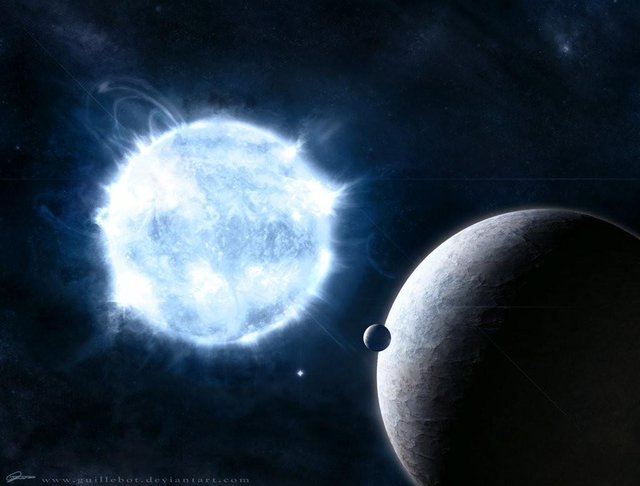
In the center of the body, three stars form an asterism immediately recognizable since it is triplely remarkable: the stars are almost perfectly aligned and equidistant and their magnitudes are rather close.
Alnitak, Mintaka and Alnilam (called "the three kings" or "the three wise men") constitute the belt or the harness of Orion.
Origin of the Orionides
The Earth passes through this meteoric swarm every year.this field of dust was left by Halley's comet in its orbit during its various passages around the Sun.
The Orionides are the Eta aquarides of autumn, the Earth cuts each year twice the orbit of this swarm.the Orionides are less rich in shooting stars than the Aquaridae, but in the Northern Hemisphere their observation is easier.
The Comet of Halley
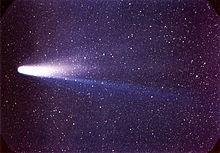
Is the best known of all the comets. Its half-axis is about 2.7 billion kilometers and its period is 76 years.it is a short-lived comet.
The comet is the origin of the family of Halley's comets, which consists of periodic comets whose period is between 20 and 200 years.
Nice post
such a wonderful post. Thanks for sharing such a informative post @indesta120282.